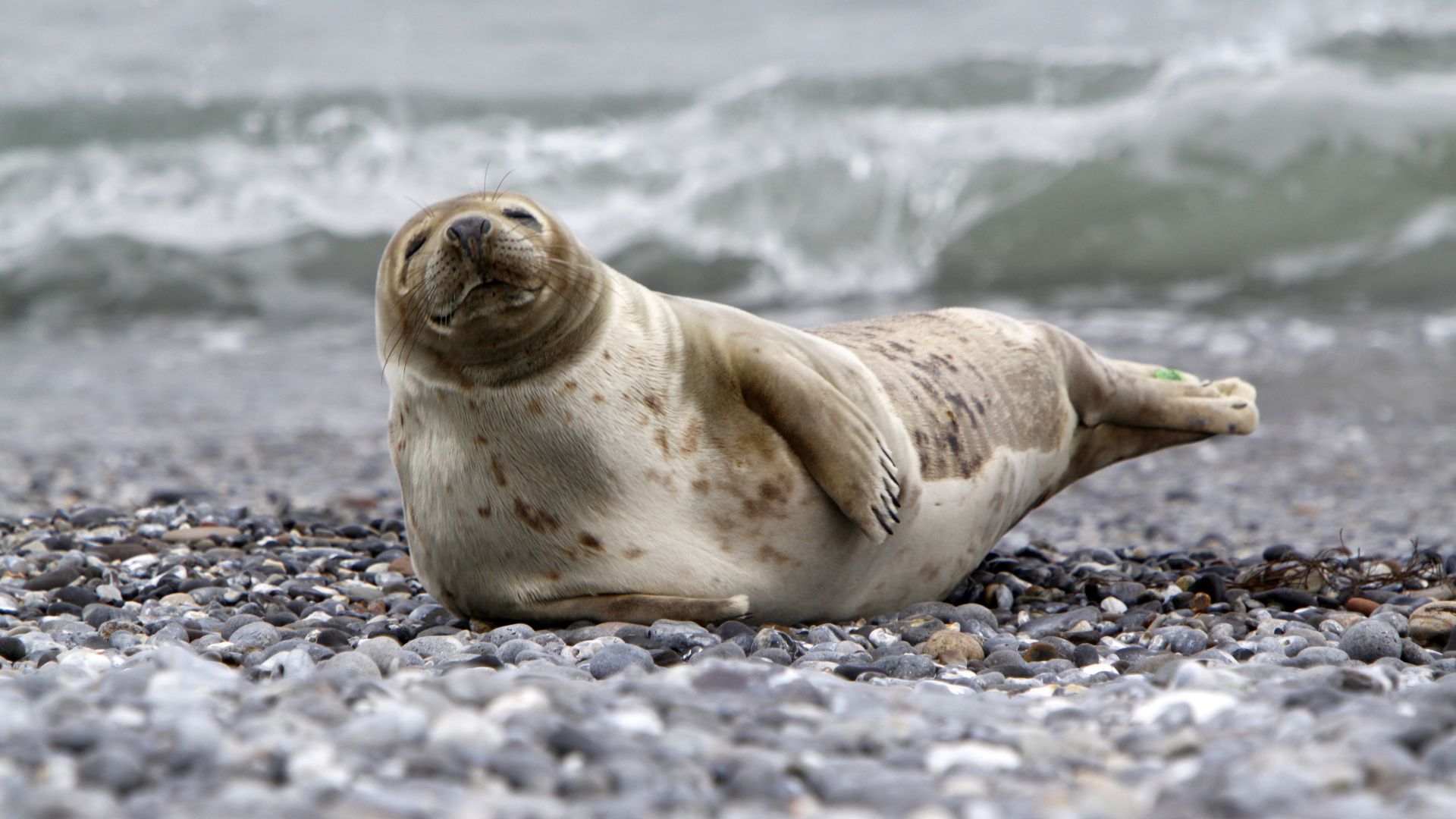This week’s good climate news
With so much still to do to slow warming and avoid the worst impacts of climate change, it’s important to fortify ourselves by celebrating wins along the way.

Grey seals thriving in the UK
Grey seals made a huge comeback in the U.K. Nearly 4,000 pups were born this breeding season -- almost twice as many compared to the winter of 2019-2020. Norfolk coast residents have been spotting these cute pups all over town, delighting locals.
Grey seal numbers dropped to around 500 about a century ago, but through conservation efforts, those numbers are now over 120,000 in the U.K. alone.

Monarch butterfly boom
Wintering monarch butterflies had another prosperous year. After a steep decline in 2020, monarchs along California’s coast have rebounded for the second year in a row. In the fall, volunteers counted 330,000 butterflies, the highest number they've seen in the past six years.
While these numbers are still considerably lower than the millions seen in the 1980s, the jump from 247,000 last year could be a good sign for conservation efforts.

Wind project goes Mainestream
Utility regulators in Maine approved a wind power project that could bring electricity to roughly 450,000 homes. The project includes constructing a new transmission corridor that will allow northern Maine to connect to the New England regional power grid for the first time.
The cost to ratepayers for this renewable boon boils down to about an extra $1 a month for the first decade, but officials are looking for other revenues to lower that cost even further.

Climate-saving careers thriving
Tech workers are increasingly leaving their jobs for climate startups. And despite concerns of a recession on the horizon, investors are enthusiastically backing these companies. Climate startups continue to raise more money year over year, signaling their growth has just begun.
Speaking of climate-saving careers, did you know EDF is hiring? Come make good climate news with us!

Greenhouse gas monitoring plan moves forward
The World Meteorological Organization announced a new United Nations-led plan to improve the way greenhouse gas emissions are monitored worldwide. The initiative will confirm concerning air quality data flagged by planes or satellites through a network of ground-based measurement stations.
These accurate and reliable measurement stations should begin launching within the next five years.










